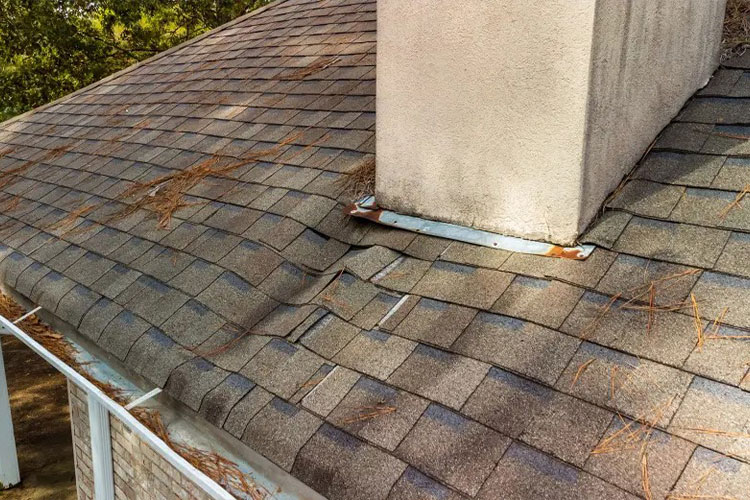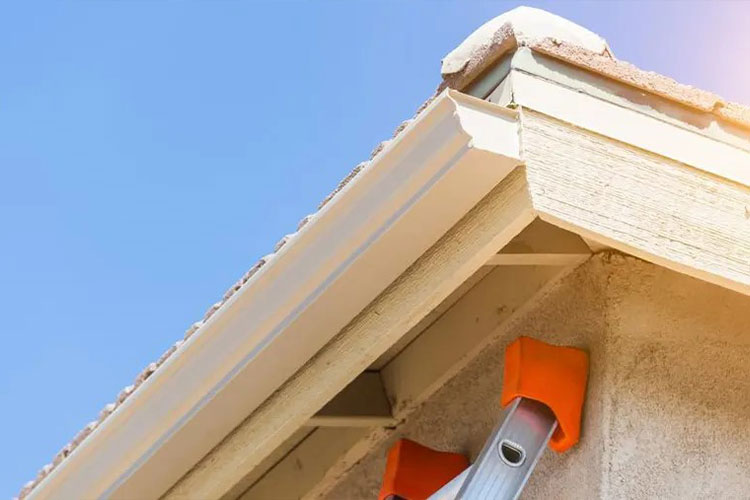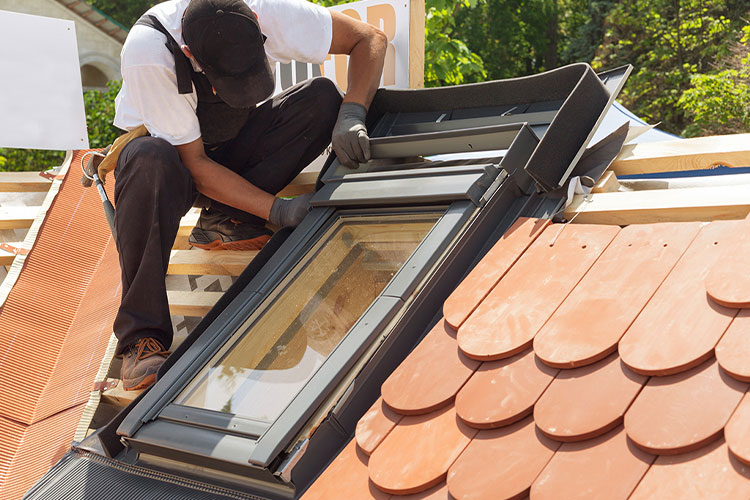The walls and the attic are well insulated, but what condition are the windows in?
If your windows are drafty, that insulation in your attic and walls is unable to totally do its job. Yes, you want your windows to look great, but you also need them to function well. You may even want to save money in the way of tax credits and energy savings.
The fact is that new windows are going to be more efficient than old ones, which means that utility costs can go down when old windows are replaced. Statistics have shown that replacing windows can save as much as 10% on energy costs, but they have been known to save as much as 25%.
Why isn’t the savings more than this?
It is because windows are just a portion of the functional parts of homes. The foundation, siding, insulation, roofing, and windows all work together to make the home more efficient. While the windows are just a part of the equation, replacing them does address a very significant problem. If the foundation and insulation are sound and the windows let cold or hot air in, the entire system is not working at its full potential.
In 2009, Energy Star, a part of the U.S. Environmental Protection Agency, stated that homeowners can save up to $501 per year if they replace their single-pane windows. If double pane windows are replaced, the money saved can be as much as $247 per year. Of course, the rising energy costs in the past few years have most likely increased the amount of savings that were seen in 2009. Energy Star also calculated that up to 3,839 pounds of carbon dioxide could be eliminated through such replacement. This means that those opting to replace their windows make an impact on their energy costs and the environment.
But to ensure you maximize your savings, you will need to make the right replacement window choice. This is something that you do not have to do by yourself. Your replacement window company can help you choose so that you can invest in certified windows. These are windows that have been certified in that they save energy. The National Fenestration Rating Council certifies windows based on air leakage and heat loss data. It has even been found that it can be worth the money to buy windows that have low-emissivity coating. Argon gas between the panes can also keep the temperature in the home under control by preventing the leakage of heat.
When you replace the windows, you can then get a federal government tax credit on your income tax return. This is a one-time credit for the home improvements that you have made and windows do fall within the qualifying improvements. In 2012, the credits given for 2011 home improvements were 10% of the purchase price up to $500. Window replacements cannot exceed $200 in credits. As long as Energy Star requirements are met by the product, you can claim it.
Replacing windows will save money over the years. You do have to be choosey in what you decide upon, especially if you intend on making some of your money back through tax credits. Most importantly, the home can be more comfortable and you are doing something good for the environment.




